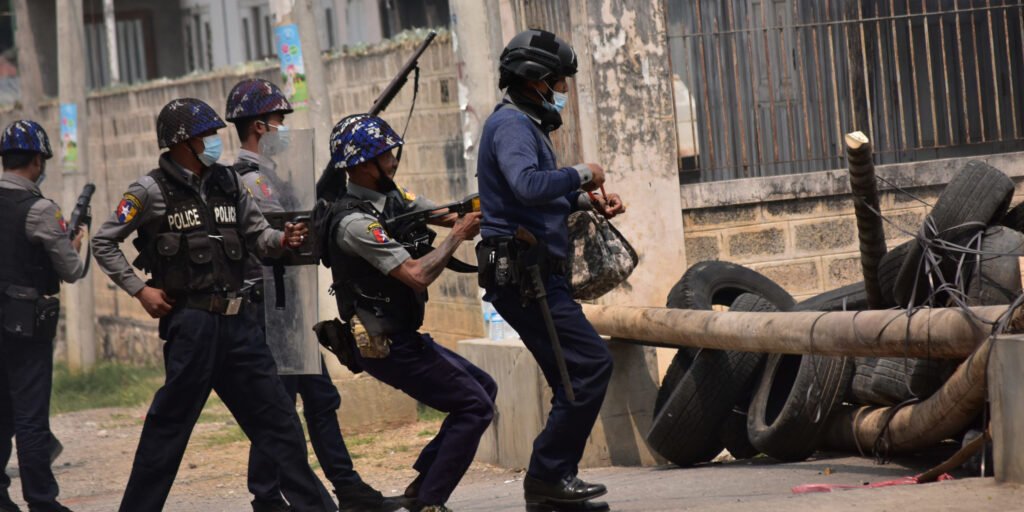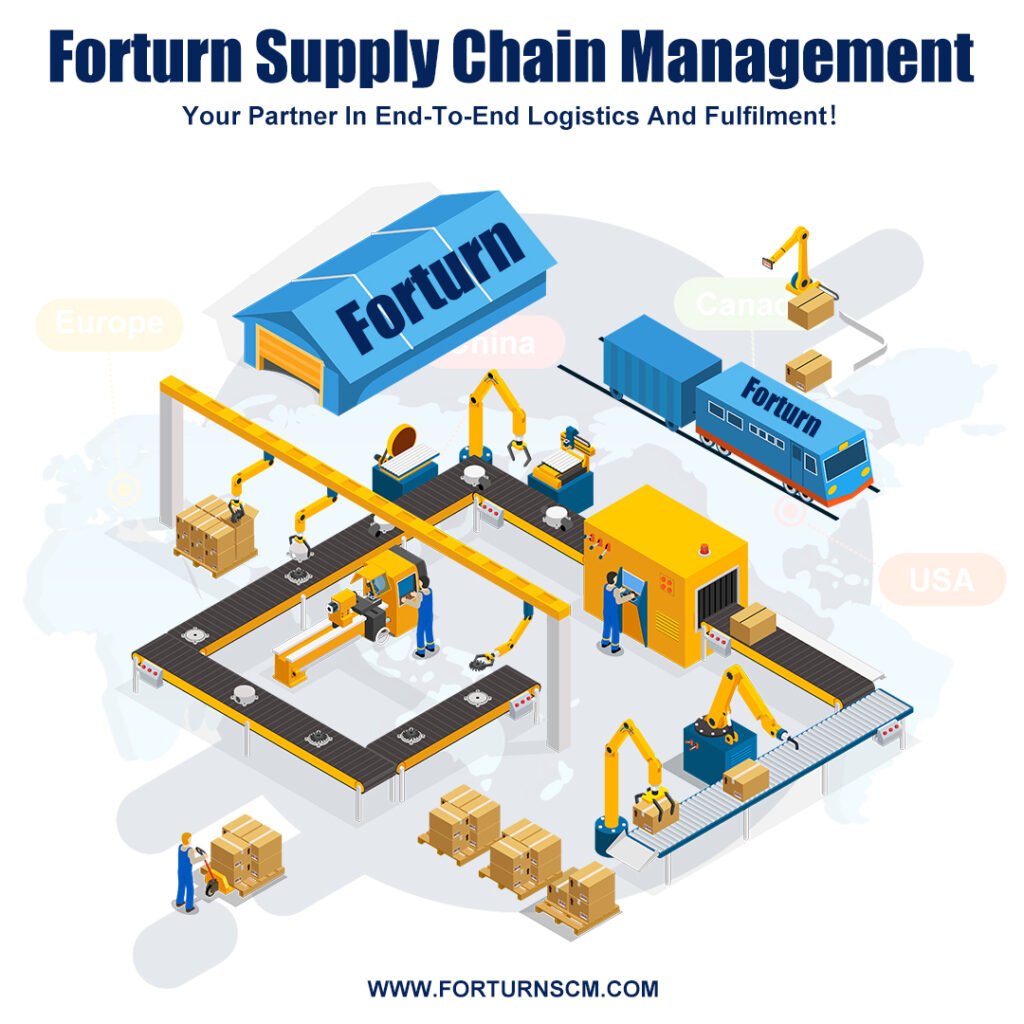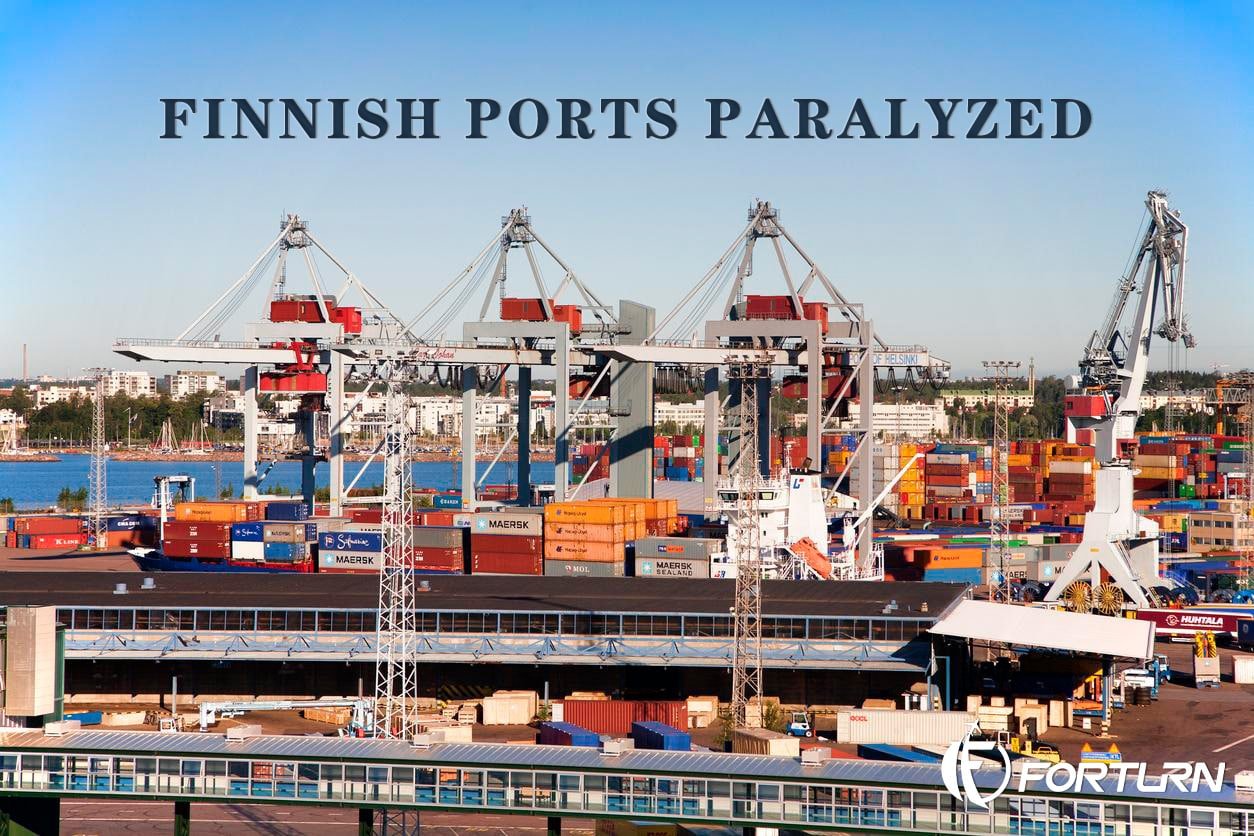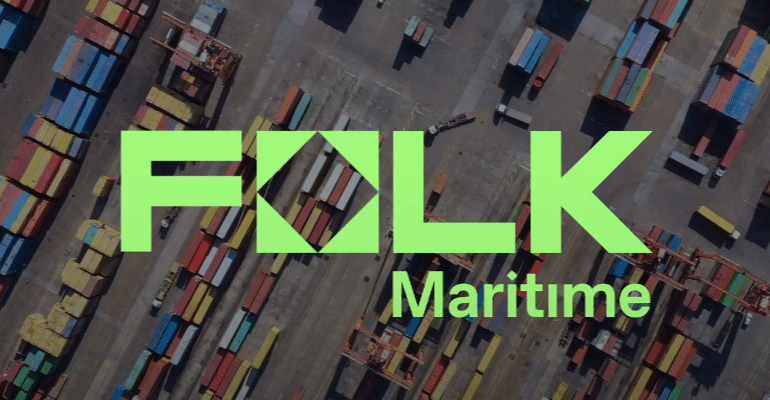Two factories of well-known brands suddenly closed
Irish clothing retailer Primark has confirmed that its 2,200 workers, stranded after the sudden closure of two former suppliers’ factories in Myanmar, will be paid no later than this week, including wages and severance pay. A spokesman said: “We take the responsibilities of the workers who make our clothes very seriously and are very concerned about these allegations, which contravene our own code of conduct and the guiding principles by which we leave Myanmar responsibly.”
While both factories have been closed for a period of time due to violations of the code of conduct, Primark is working closely with them to understand that their responsibilities to the workers they employ are upheld, including the payment of all back wages and compensation to them. The Ireland-based retailer responded to reports about Primseng Guo earlier this month. The two companies, both located in the Wartayar industrial zone in Shwepyitha town, Yangon City, Myanmar, closed their factories without informing employees of their plans to close.
The brand responsibly exits Myanmar
Myo Myo Aye, head of a Myanmar’s union, told the media that many workers were caught without compensation, leaving them economically unlimited as inflation continued to soar and the military-controlled country plunged further into chaos. Asked for an update on Primark’s situation, the union leader said the settlement has not been finalized and that there were financial discrepancies and irregularities in the calculation of the payments. “We’re still negotiating,” she said. Primark said it was responsibly exiting Myanmar after the Ethical Trading Initiative assessed that it was impossible for responsible businesses to undertake normal human rights due diligence in the troubled country, telling the Sourcing Journal that it was working on ethical trade locally. The team will monitor compensation to make sure it happens. As they work to exit the country in a responsible manner, they are strengthening their due diligence on the ground by doubling the size of their local ethical trading team.

“This allows us to visit more frequently the factories of the approved suppliers we work with, gives us a clearer picture of working conditions, and allows us to engage with workers and stakeholders more frequently.” Global Trade Union Confederation Textile and clothing industry director Christina said the chain was actively engaging with the IndustriALL Global Union with a framework released in February. In particular, she said, Primark was following its guidance to facilitate opportunities for workers in its supply chain and, where possible, to continue to ensure that supplier factories did not violate labor practices. This included working with relevant stakeholders, including IndustriALL Global Union, to design applicable support measures for affected workers in its Myanmar supply chain. More and more brands are closing operations in this country. Christina said that they call on brands still operating in the country to use this framework to exit responsibly. In the context of this closure, one of Primark’s responsibilities is to ensure adequate severance pay for workers and to ensure any outstanding cases of violations of workers’ rights.










